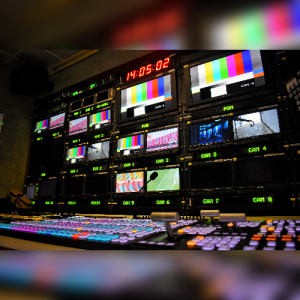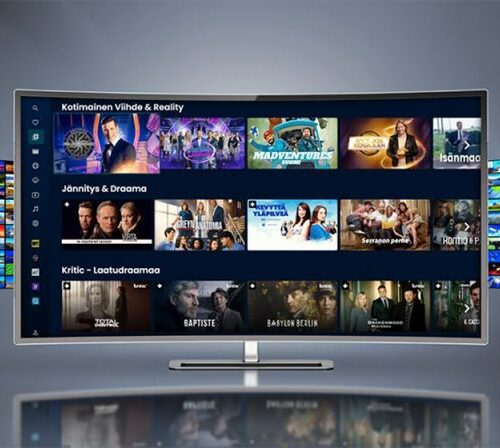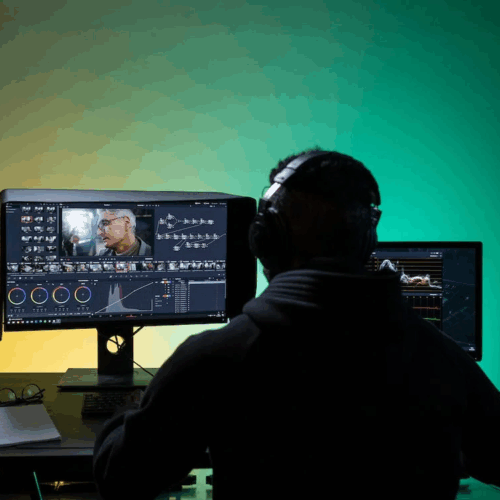

The upcoming Olympic Esports Games in 2027 presents a unique opportunity for broadcasters to evolve their strategies and effectively incorporate esports into their programming. As esports continues its rise from niche communities to a dominant force in global sports, broadcasters must recognise and respond to the distinct preferences of today’s audience, primarily Gen Z and Millennials. These digital natives gravitate toward platforms like Twitch and YouTube, seeking immersive, interactive content that allows real-time engagement with players rather than passive viewing experiences.
With esports viewership projected to exceed 640.8 million this year, there is a clear demand for tailored, engaging content that resonates with this diverse demographic. Broadcasters can move beyond conventional one-size-fits-all approaches. Just as traditional sports benefit from expert commentators, esports coverage will thrive with specialists who understand the nuances of different games.
Additionally, partnering with well-known gaming personalities can enhance coverage by offering valuable insights and attracting dedicated fanbases, emphasising the importance of authenticity in reporting. Interaction plays a vital role in the esports landscape. Unlike traditional sports spectators, esports fans actively participate in discussions and community engagement. By integrating interactive elements, such as polls or live chats, broadcasters can foster direct connections with fans and capture the excitement of key gameplay moments.
As the Olympic Esports Games approach, broadcasters have an opportunity to strengthen their presence and connect with the growing esports audience. Broadcasters can develop a successful strategy that resonates with this exciting and expanding fanbase by embracing esports’ unique characteristics, focusing on engagement, and ensuring diverse representation.










